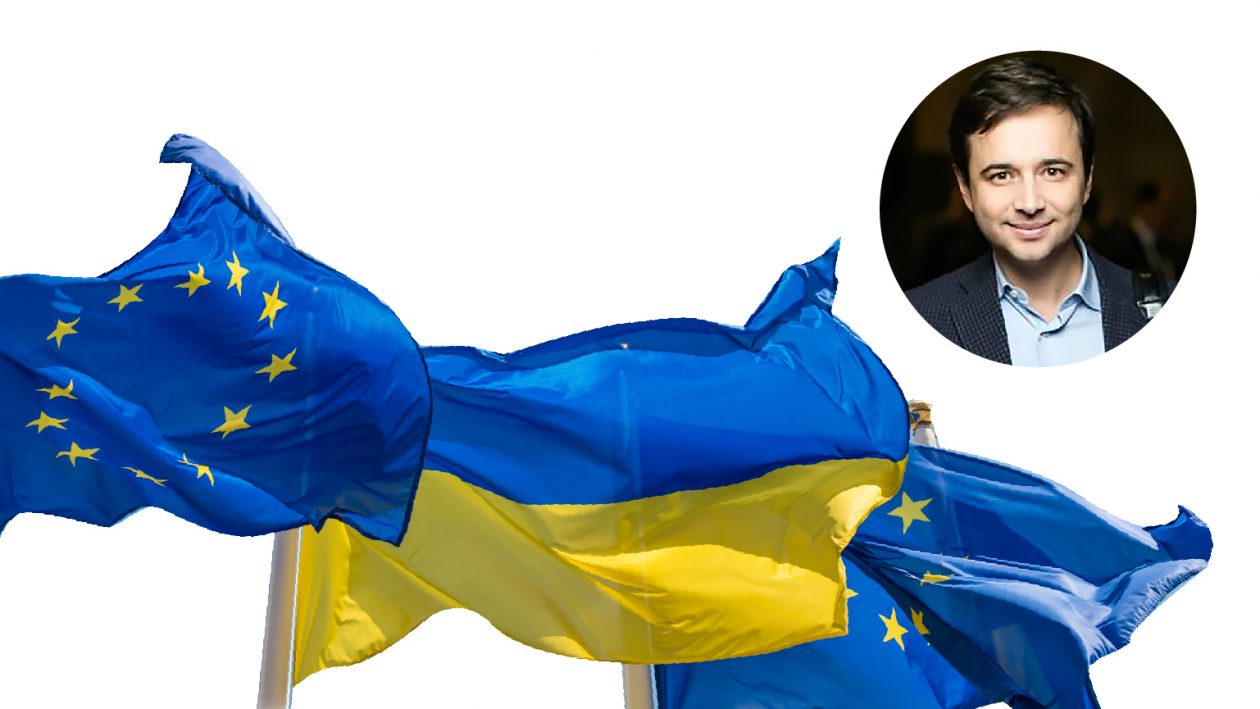On December 14, European Union leaders agreed to open membership talks with Ukraine and Moldova during a two-day summit of the bloc’s 27 member states. European Council President Charles Michel praised the decision, calling it “a clear signal of hope for their people and our continent.” Ukrainian President Volodymyr Zelenskyy said it was “a victory for Ukraine, a victory for all of Europe.”
Leo Litra, the senior analyst at the USAID/ENGAGE partner, New Europe Center, provided an exclusive commentary for USAID/ENGAGE on this significant event for Ukraine.
The decision of the EU Council to start the accession negotiations with Ukraine (and Moldova) is a truly historic step. The approval comes amid difficult intra-bloc negotiations with Hungary which opposed the decision and abstained from voting, which green-lighted the decision on Ukraine. However, the intra-bloc difficulties are not related to Ukraine’s reform agenda. As assessed by the EU in its November enlargement report, Kyiv complied with 90% of the recommendations that the EU laid out together with the decision to grant Ukraine candidate status. Following that, the parliament of Ukraine addressed the remaining recommendations from the report in early December, including the ones related to anticorruption measures and minority rights, which deprived the critics of arguments against Kyiv. Therefore, the decision on Ukraine is merit-based and illustrates Kyiv’s significant effort in reforming, despite the war.
Ukraine and the EU need to work together on adopting the negotiation framework. In the best-case scenario, the decision could be endorsed in early spring should “all the stars align”. For the start of negotiations, both parties should be ready and rush to prepare the case before the EU enters the turbulent election period for the EU parliament and the reshuffle of EU institutions.
At the same time, the Ukraine Facility, which is an EU aid package worth €50 bn was not voted on during the Council. The package is instrumental for Ukraine’s economic development and recovery and inadvertently for Ukraine’s defense capacity. The public sector and a variety of services are dependent on economic aid from the EU, and one should expect repeated attempts from member states to overcome Hungary’s veto. The earliest chance to approve the Ukraine Facility could take place in January when EU leaders could meet for the next EU Council. Until then, Ukraine needs to keep high its commitment to reforms and resilience.


